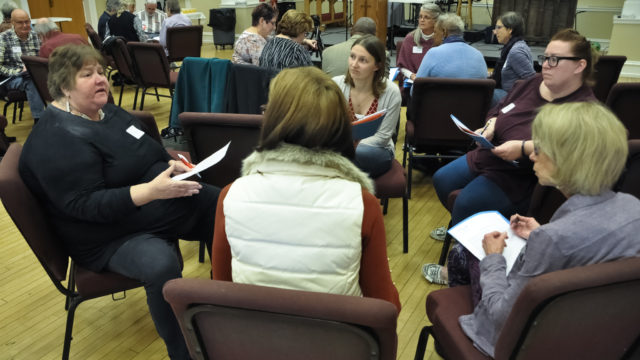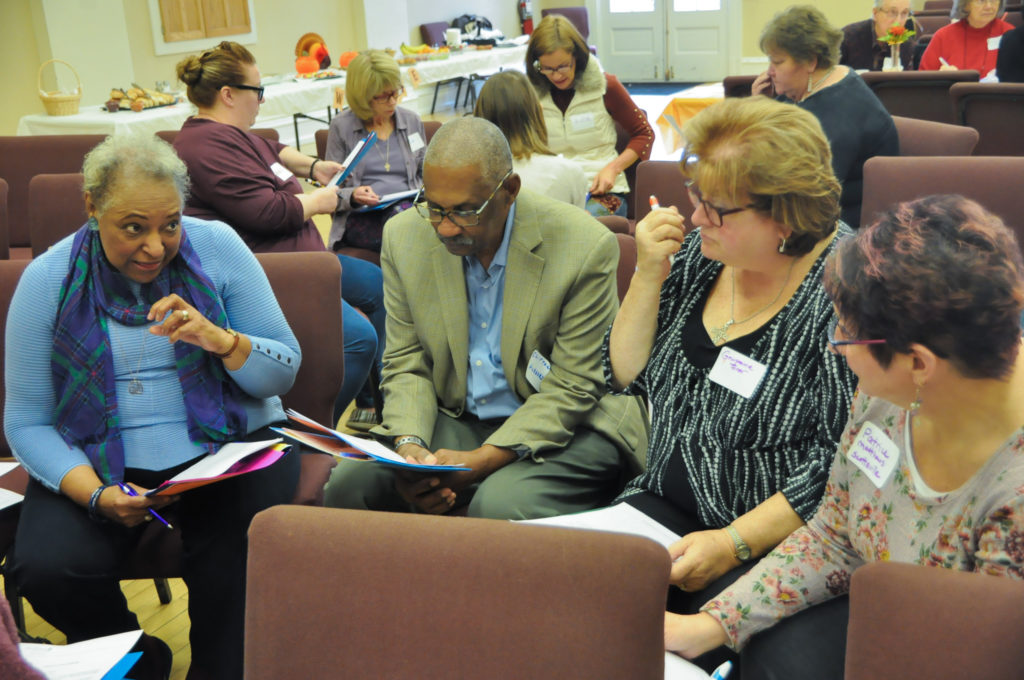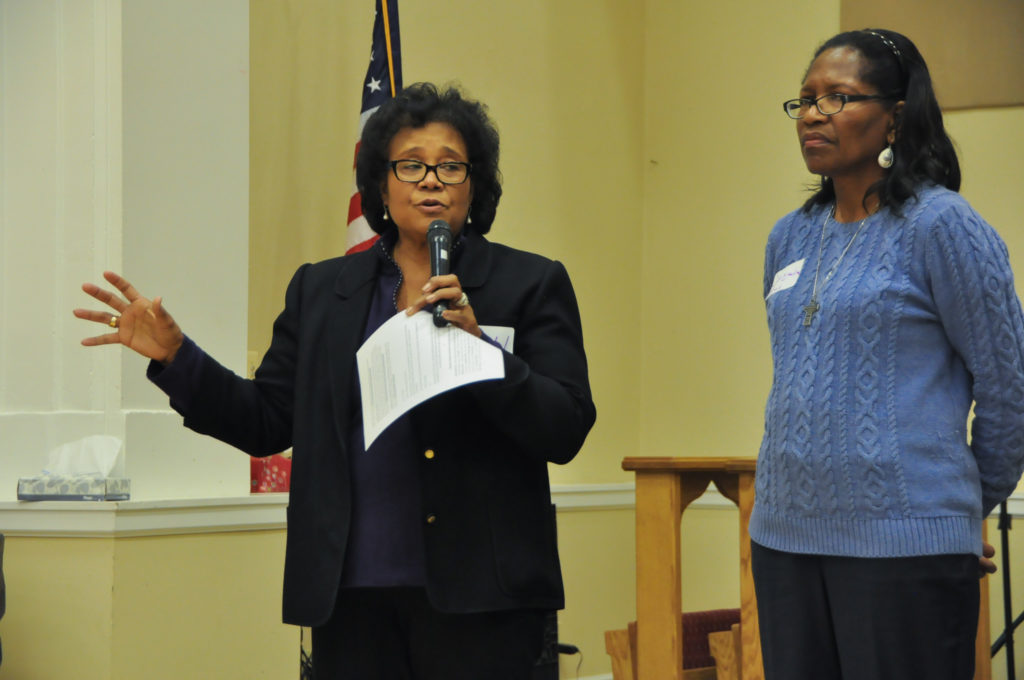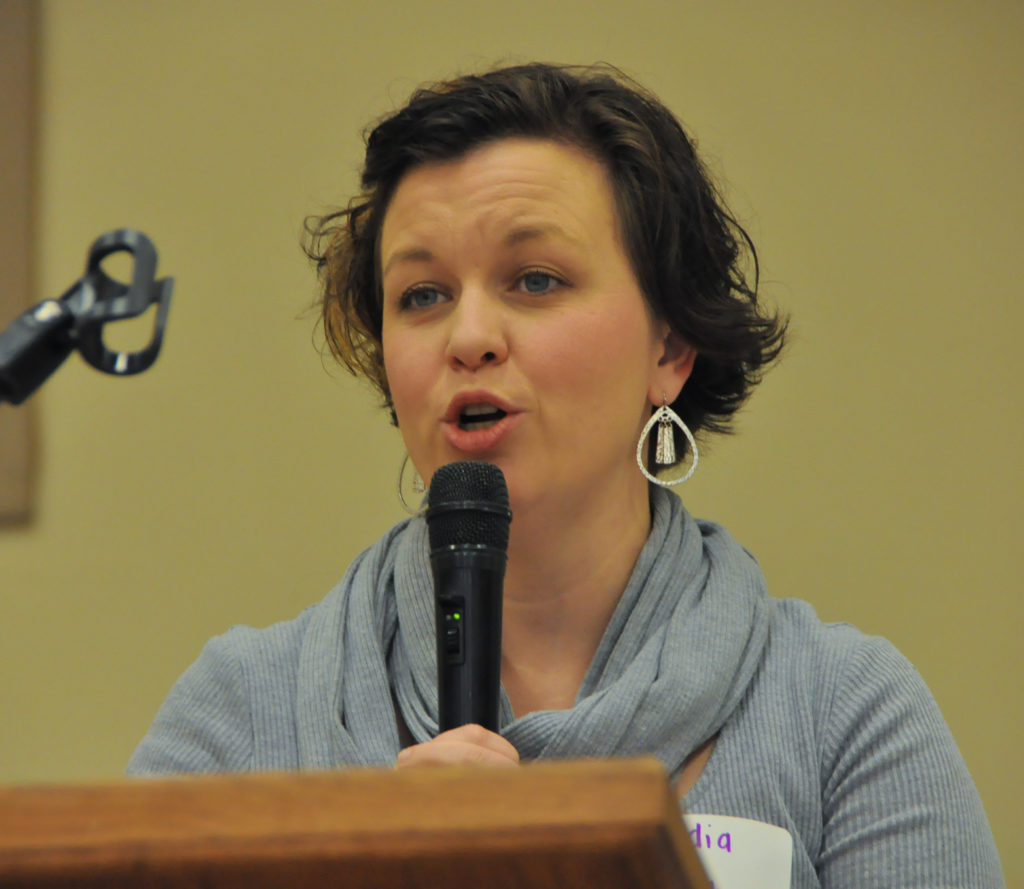
“Husbands love your wives just as Christ loved the church and gave himself up for her.” Eph. 5:25
In Ephesians 5, Paul has written instructions on how husbands should treat their wives. However, every 24 minutes in the United States a woman is physically abused by an intimate partner.
One in four women and one in nine men are physically, verbally or sexually abused by their partner. Domestic violence is an epidemic in this country. It is not something that happens to someone else. It is a problem that happens to our neighbors and friends, our family and members of our church. We all know someone who is affected by domestic violence.
What is Domestic Violence?
Domestic violence is physical assault, battery or sexual assault perpetrated by an intimate partner as part of a systematic pattern of power and control. It is often perpetrated in conjunction with verbal, emotional and economic abuse.
What this means is that domestic violence is intentional. It is inflicted with intent to maintain control over another. Domestic violence does not discriminate. It affects all socio-economic brackets, all races, all religions and all sexual orientations. It also affects families and children.

Why should I get involved?
When discussing domestic violence, we worry about getting involved in someone’s personal business or about the “airing of dirty laundry.” However, 72 percent of all murder-suicides involve domestic violence. One in 15 children view their parent being physically and emotionally abused, and 21 percent of high school females report being physically abused on dates.
This terrible social epidemic goes beyond getting in someone’s personal business. In the New Testament, all violence is considered an offense against God and against humanity. Christ himself served the oppressed and protected the vulnerable; and he invites us to do the same.
How do I know if someone is being abused?
To maintain control over their victims, perpetrators of abuse isolate them. One key factor that is recognizable in abuse victims is social isolation. Another identifiable trait is a change in behavior, or acting differently than they normally do. Other signs may include:
- Losing interest in activities they once liked
- Feeling like they are “walking on eggshells”
- Having unexplained or poorly explained physical injuries
- Engaging in harmful behaviors.
(Taken from the National Coalition Against Domestic Violence’s (NCADV) Checklist of Signs and Symptoms of Abuse. Learn more.

What Can I Do?
- Start the conversation: Tell the victim you care about them and if someone is hurting them, you are Start the conversation available to talk. Tell her you are available to help in whatever way she needs. Victims have had power taken away from them, and it is important to allow them to say what they are comfortable saying or asking for.
- Listen without judgment, and let her know that the abuse is not her fault. Acknowledge that talking about it takes a lot of strength and bravery. Ask how you can help.
- Talk to your pastor: They have training, resources and authority to help.
- Talk about safety and how one maintains safety. Give her the number for the national domestic abuse reporting hotline: 1-800-799 SAFE
- Learn: Attend informational seminars and workshops about domestic violence to increase your own knowledge base.
The Bible is clear that Christ abhors oppression, marginalization and abuse of others. Domestic violence is not honoring your partner as Christ loved the church. It is a grievous sin and a terrible epidemic that causes broken families, damaged children, physical injury and even death, as well as a severe economic cost to society.
Together with prayer and knowledge, we can and must confront this crucial problem and help our brothers and sisters who are living—and yes, dying—from the scourge of domestic violence.
Visit the Eastern PA Conference Domestic Violence Committee’s webpage and NCADV’s website to learn more.

PHOTOS:
The new Eastern PA Conference Domestic Violence Committee sponsored its first seminar, Domestic Violence: The Faith Coimmunity Responds, Nov. 17, 2018, at West Lawn UMC. The Rev. Lydia Mulkey (right), from FaithTrust Institute, keynoted the event and taught one of three workshops on:
- Pastoral and Congregational Care, offering ideas for churches learning to understand and respond to the problem of domestic violence, including the needs and concerns of victims.
- The AMEND program, designed to help men identify beliefs and attitudes that support abusive behaviors, and help them approach relationships with respect, equality and fairness instead.
- Are We Ready for GenZ? about domestic violence affects post-millennial, school-age, Generation Z youth and how we can help them understand, prevent and respond to DV in their social environments? A workshop especially for parents, guardians, youth ministers and teens.
